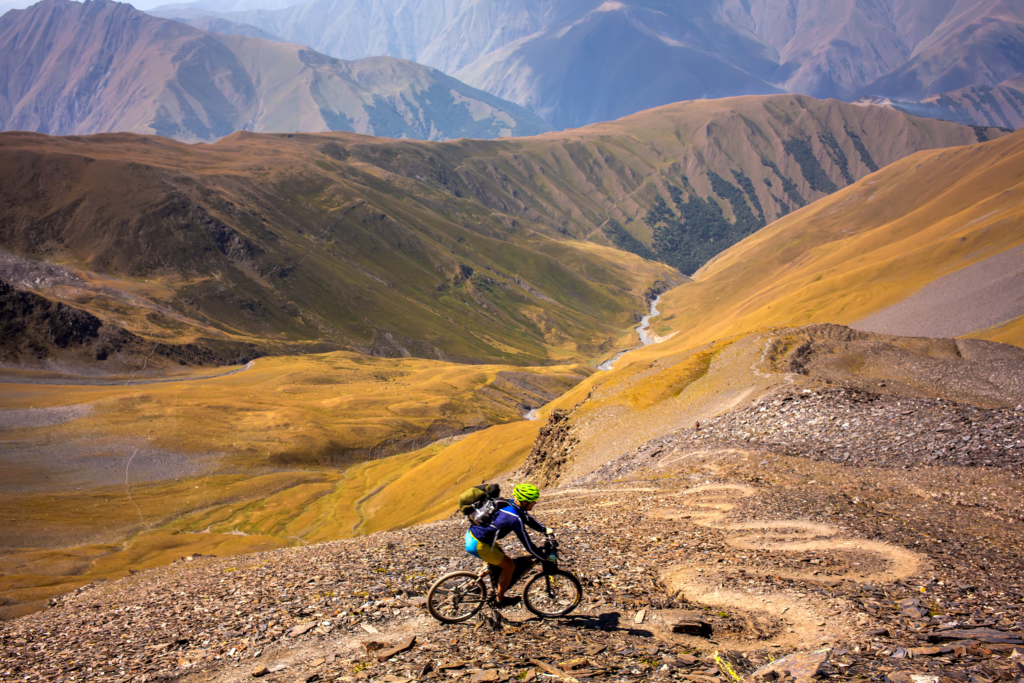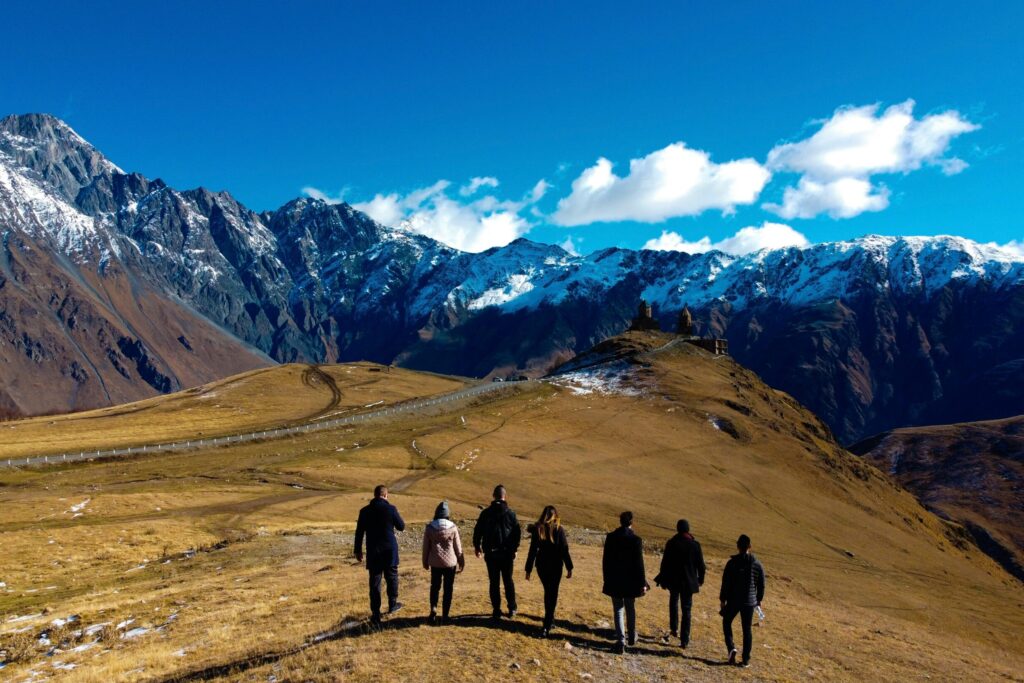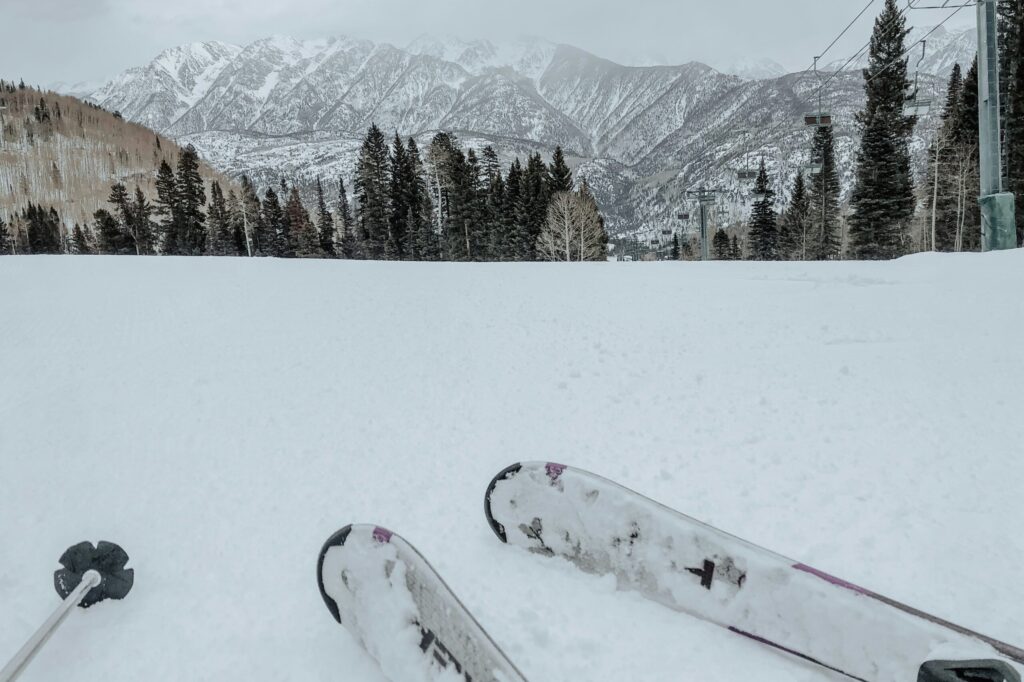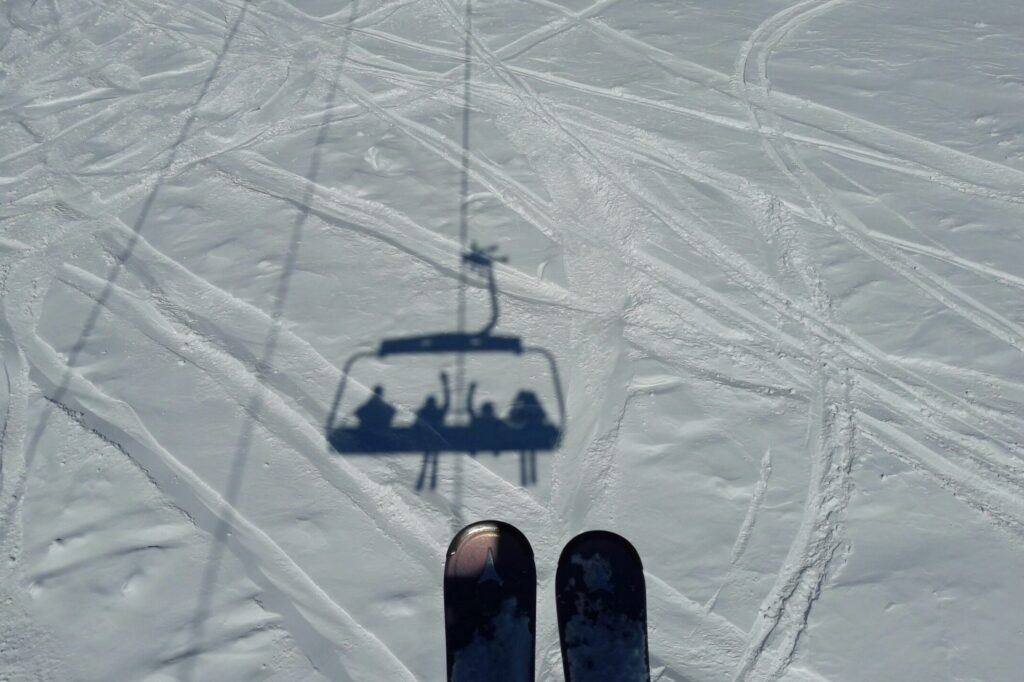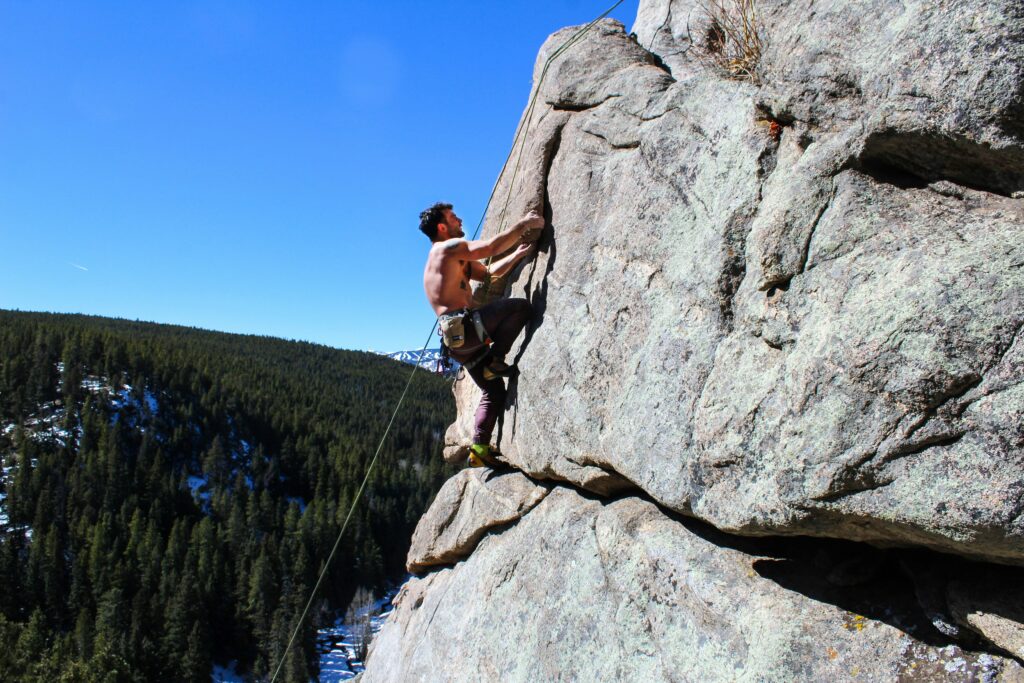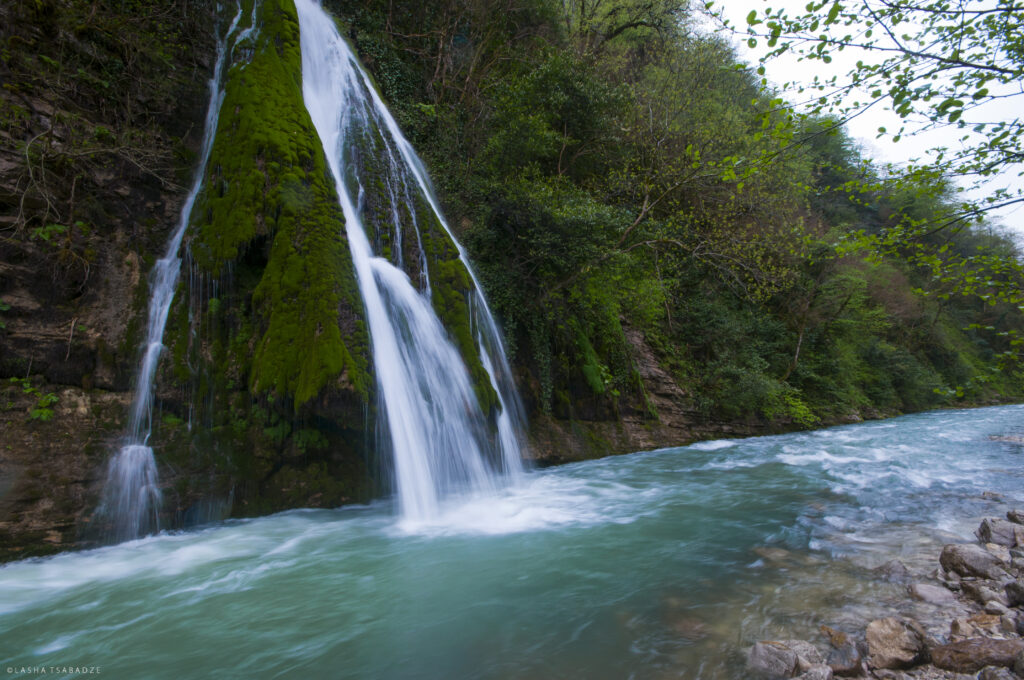When it comes to adventure travel, Georgia is fast becoming a must-visit destination. Nestled between Europe and Asia, this captivating country offers an extraordinary blend of untouched landscapes, rich cultural traditions, and exhilarating outdoor experiences that are ideal for group travelers seeking both adventure and authenticity.
Whether you’re traversing the rugged peaks of the Caucasus Mountains or wandering the cobblestone streets of Tbilisi, Georgia promises an unforgettable journey that caters to every traveler’s desire for something unique, unspoiled, and truly special.
Untouched Landscapes: Nature at its Most Majestic
One of Georgia’s most alluring features is its untouched, raw beauty. This small country boasts an impressive diversity of landscapes, making it a paradise for adventure seekers. From the snow-capped peaks of the Caucasus Mountains to the lush vineyards of the Kakheti region, Georgia’s natural scenery is awe-inspiring and perfect for group travelers who want to experience the great outdoors.
For those who love hiking, Georgia’s mountain trails are among the best in the world. The Svaneti region, known for its breathtaking views and medieval stone towers, offers both challenging and beginner-friendly treks. The iconic Mount Kazbek also beckons climbers and adventure enthusiasts with its towering presence, while those looking for something more leisurely can enjoy horse-riding or paragliding over sweeping valleys and rolling hills. No matter your group’s adventure level, Georgia delivers unforgettable outdoor experiences that are both invigorating and immersive.
Rich Culture: A Journey Through Time
Georgia’s cultural heritage is just as captivating as its landscapes. With a history that stretches back thousands of years, the country offers a wealth of cultural experiences that provide a deep connection to the past. Tbilisi, Georgia’s vibrant capital, is a melting pot of influences—combining elements of Persian, Ottoman, and Russian architecture. Wander through its old town, where narrow, winding streets reveal hidden courtyards, centuries-old churches, and local artisan shops selling handmade goods.
A visit to Georgia isn’t complete without indulging in the country’s renowned culinary traditions. Georgian cuisine is celebrated for its bold flavors and warm hospitality, with dishes like khinkali (savory dumplings) and khachapuri (cheese-filled bread) offering a delicious window into the country’s soul. Pair this with a tasting of Georgia’s ancient winemaking traditions, as the country is one of the oldest wine producers in the world. Whether enjoying a traditional feast or participating in a wine tour through the Kakheti region, group travelers will relish the authentic local experiences that Georgia offers.
Authentic Experiences: Beyond the Tourist Trail
What sets Georgia apart as a travel destination is its authenticity. While other European adventure hotspots may feel over-commercialized, Georgia still retains an unpolished charm that allows visitors to truly immerse themselves in the local way of life. Group travelers seeking off-the-beaten-path adventures will find Georgia refreshingly undiscovered, offering encounters with locals who are eager to share their traditions and stories.
From homestays in remote mountain villages to participating in age-old festivals, Georgia provides opportunities for meaningful cultural exchanges that are hard to find elsewhere. For those seeking a mix of adventure and relaxation, Georgia also offers a range of wellness experiences, from natural hot springs in Borjomi to spa retreats in the mountains. No matter the itinerary, travelers will leave with memories of Georgia’s warm hospitality and its profound sense of place.
A Perfect Destination for Group Travelers
For travel companies looking to add a new destination to their roster, Georgia is a hidden gem waiting to be discovered. It offers something for everyone: adrenaline-pumping adventures for thrill-seekers, cultural explorations for history buffs, and culinary delights for food lovers. Group travelers, in particular, will appreciate Georgia’s diverse offerings, which allow for both shared experiences and personal moments of discovery.
As an emerging travel destination, Georgia is still relatively undiscovered by mass tourism, making it the perfect place for those seeking authentic, one-of-a-kind experiences. Its welcoming atmosphere, combined with its affordability and accessibility, makes it an attractive option for group trips, whether for corporate retreats, family vacations, or adventure tours.
Conclusion: Georgia, The Ultimate Adventure Destination
Georgia is not just another adventure destination—it’s a place where the essence of travel is rediscovered. Its untouched landscapes, rich culture, and authentic experiences make it a unique offering for group travelers looking to go beyond the usual tourist routes. With its blend of natural beauty, history, and tradition, Georgia offers an adventure like no other.
For travel companies, adding Georgia to your destination list means offering your clients a chance to experience a true hidden gem—where adventure meets authenticity in every sense. So, if you haven’t considered Georgia yet, it’s time to put this enchanting country on your radar.
The Ultimate Guide to Organizing Active and Teambuilding Trips in Georgia
Teambuilding trips are increasingly popular for organizations looking to strengthen collaboration, boost morale, and reward their teams with memorable experiences. Georgia, with its diverse landscapes and vibrant culture, is the ideal destination for corporate groups seeking active and teambuilding adventures. From challenging outdoor activities in the Caucasus Mountains to immersive cultural experiences in the heart of Tbilisi, Georgia offers a unique blend of opportunities for bonding, growth, and fun.
This guide will take travel companies through the step-by-step process of organizing successful teambuilding trips in Georgia, from choosing the right activities to working with local partners to ensure smooth execution.

